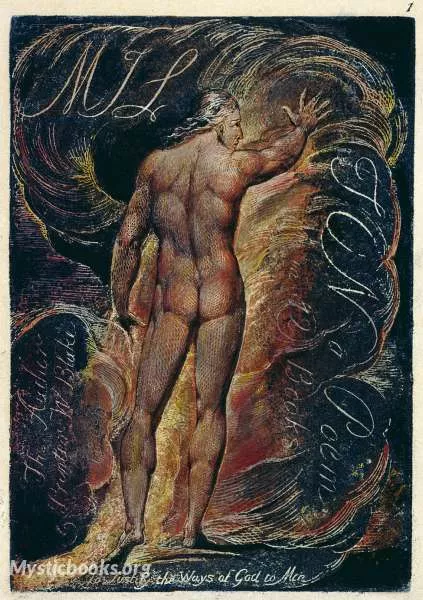
Milton: A Poem
'Milton: A Poem' Summary
The preface to Milton includes the poem "And did those feet in ancient time", which became the lyrics for the hymn "Jerusalem". The poem appears after a prose attack on the influence of Greek and Roman culture, which is unfavourably contrasted with "the Sublime of the Bible".
The poem is divided into two "books".
Book I opens with an epic invocation to the muses, drawing on the classical models of Homer and Virgil, which were also used by John Milton in Paradise Lost. However, Blake describes inspiration in bodily terms, vitalising the nerves of his arm. Blake goes on to describe the activities of Los, one of his mythological characters, who creates a complex universe from within which other Blakean characters debate the actions of Satan. As with all of Blake's Prophecies, the general structure of the Poem begins with the Fall and ends with the Apocalypse or consummation. The fall is pictured vividly as each of the five senses plummets into an abyss; each "broods" there in fear and desperation. These represent an early fallen Age in Blake's Mythological construct.
The early pages are dominated by a "Bard's Prophetic Song" who sings in Heaven where the "unfallen" Milton can hear. The relationship The Bard's Song has with the rest of the text is in dispute, and the meaning of it is complex. Referring to the doctrines of Calvinism, Blake's 'Bard' asserts that humanity is divided into the "Elect", the "Reprobate" and the "Redeemed". Inverting Calvinist values, Blake insists that the "Reprobate" are the true believers, while the "Elect" are locked in narcissistic moralism. At this point Milton, hearing the Bard's song, appears and agrees to return to earth to purge the errors of his own Puritan imposture and go to "Eternal death".
Milton travels to Lambeth, taking in the form of a falling comet, and enters Blake's foot, the foot here representing the point of contact between the human body and the exterior "vegetative world". Thus the ordinary world as perceived by the five senses is a sandal formed of "precious stones and gold" that he can now wear. Blake ties the sandal and, guided by Los, walks with it into the City of Art, inspired by the spirit of poetic creativity.
Book II finds Blake in the garden of his cottage in Felpham. Ololon, a female figure linked to Milton, descends to meet him. Blake sees a skylark, which mutates into a twelve-year-old girl, who he thinks is one of his own muses. He invites her into his cottage to meet his wife. The girl states that she is actually looking for Milton. Milton then descends to meet with her, and in an apocalyptic scene he is eventually unified with the girl, who is identified as Ololon and becomes his own feminine aspect.
The poem concludes with a vision of a final union of living and dead, internal and external reality, and male and female, and a transformation of all of human perception.
Book Details
Authors
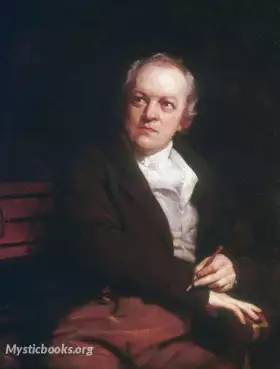
William Blake
England
William Blake (28 November 1757 – 12 August 1827) was an English poet, painter, and printmaker. Largely unrecognized during his lifetime, Blake is now considered a seminal figure in the history...
Books by William BlakeDownload eBooks
Listen/Download Audiobook
- Select Speed
Related books

Cheese Curd for Bait by James McIntyre
Cheese Curd for Bait is a collection of poems by James McIntyre. McIntyre was a Scottish poet who immigrated to Canada in 1841. He settled in Ingersol...
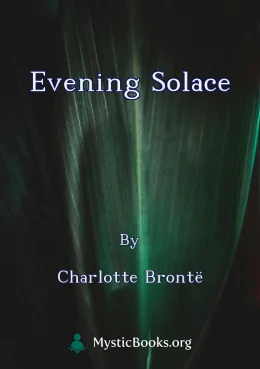
Evening Solace by Charlotte Brontë
Evening Solace is a collection of poems written by Charlotte Brontë, published under her pseudonym Currer Bell. The poems reflect on themes of love,...
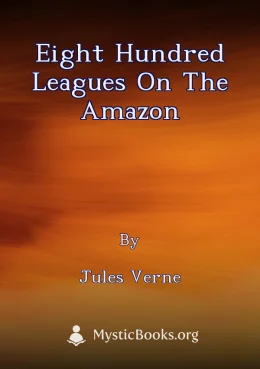
Eight Hundred Leagues on the Amazon by Jules Verne
First published in 1881, Eight Hundred Miles on the Amazon is an adventure novel by Jules Verne, having elements of codes and cryptography. Unlike man...
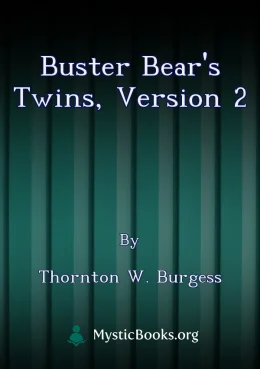
Buster Bear's Twins, Version 2 by Thornton W. Burgess
This children's book follows the adventures of Boxer and Woof-Woof, two bear cubs, as they explore the Green Forest with their mother. The story focu...
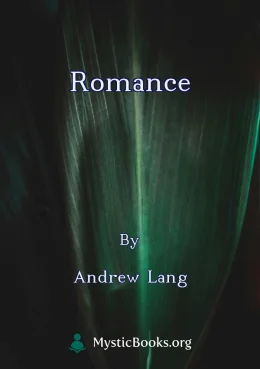
Romance by Andrew Lang
Romance is a collection of poems by Andrew Lang, first published in 1882. The poems explore themes of love, nature, beauty, loss, and memory. Lang's w...
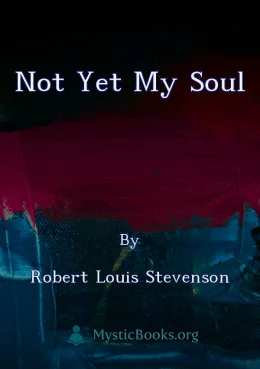
Not Yet my Soul by Robert Louis Stevenson
This poem, "Not Yet My Soul," explores the complexities of human existence, particularly the relationship between the physical body and the soul. Stev...
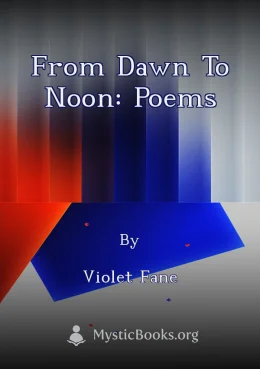
From Dawn to Noon: Poems by Violet Fane
This collection of poems by Violet Fane, pseudonym of Lady Mary Montgomerie Currie, explores a range of emotions, feelings, and experiences. The poems...
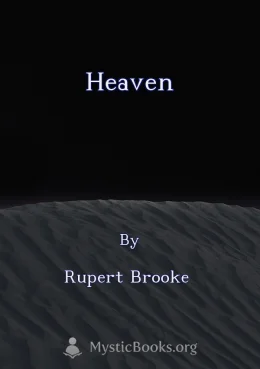
Heaven by Rupert Brooke
LibriVox volunteers bring you 8 recordings of Heaven by Rupert Brooke. This was the weekly poetry project for the week of August 16th, 2008.
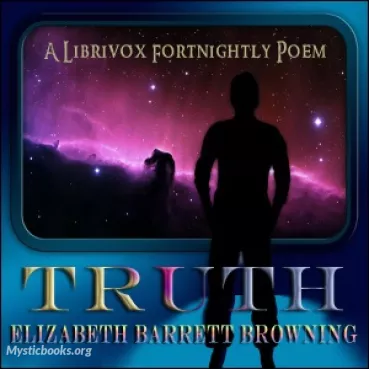
Truth by Elizabeth Barrett Browning
What is truth? And how can we know it? In her poem "Truth," Elizabeth Barrett Browning explores these questions with her characteristic brilliance an...
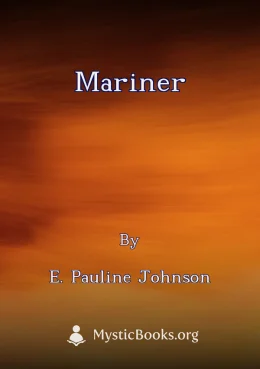
Mariner by E. Pauline Johnson
“The Mariner” is a poignant poem by E. Pauline Johnson that explores themes of identity, loss, and the enduring spirit of Indigenous culture. The poem...
Reviews for Milton: A Poem
No reviews posted or approved, yet...